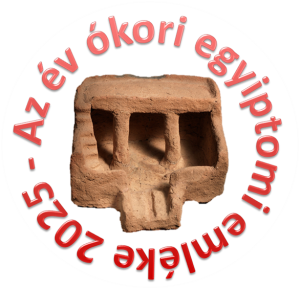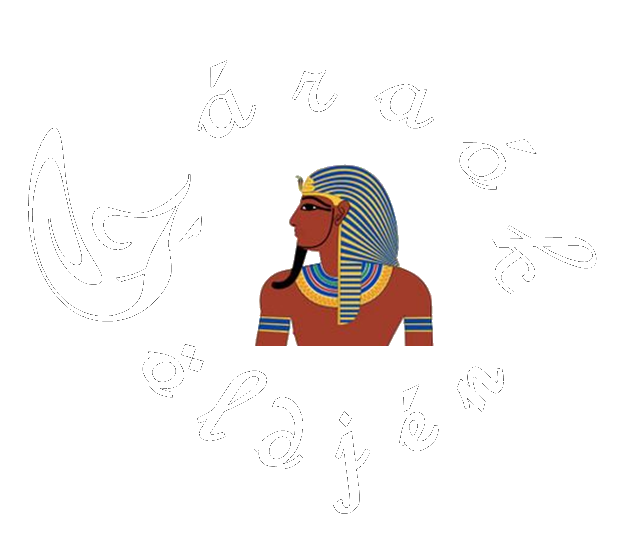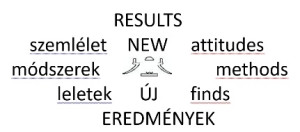Innovation and Renewal in Ancient Egyptian and Coptic Culture
Hybrid Conference
25th May – 29th May, 2026, Budapest, HU
20 minutes lecturing, 5 minutes Q&A
(Hungarian or English)
Call for papers
“Be renewed!” ![]() – says Osiris to High Priest Pinodjem in Chapter 15 of the Book of the Dead (Campbell 24.13 / British Museum EA10793). This expression evokes the ancient Egyptians’ pursuit of eternal renewal and the ideal existence of the afterlife. Yet, renewal was not confined to the realm beyond; it permeated the everyday world as well. Each night, Re overcame the serpent Apophis so that a new day might dawn – and each night, the serpent revived, so that the struggle could resume. Pharaohs built new temples or restored ancient ones; the Nile’s annual inundation brought fresh hopes; new tools, deities, and customs emerged; the New Year was celebrated; and the word mA.t signified “fresh” as well as “new” – new bread was eaten, new beer was brewed.
– says Osiris to High Priest Pinodjem in Chapter 15 of the Book of the Dead (Campbell 24.13 / British Museum EA10793). This expression evokes the ancient Egyptians’ pursuit of eternal renewal and the ideal existence of the afterlife. Yet, renewal was not confined to the realm beyond; it permeated the everyday world as well. Each night, Re overcame the serpent Apophis so that a new day might dawn – and each night, the serpent revived, so that the struggle could resume. Pharaohs built new temples or restored ancient ones; the Nile’s annual inundation brought fresh hopes; new tools, deities, and customs emerged; the New Year was celebrated; and the word mA.t signified “fresh” as well as “new” – new bread was eaten, new beer was brewed.
But what did it mean to be “new” in the eyes of the ancient Egyptians?
When and under what circumstances was innovation necessary or desirable? How did novelty coexist with a tradition-bound worldview in which the even effectiveness of certain medical texts was justified precisely by their antiquity?
Our conference seeks to address these questions – as well as to explore what “new” means for us today in the study of ancient Egyptian and Coptic cultures. What new research questions, methodologies, and interdisciplinary collaborations are shaping our knowledge in a rapidly changing world, compelling us to renew our own scholarly approaches? What recent discoveries – whether in the field or through “storeroom archaeology” – contribute to a deeper understanding of the period?
Suggested Topics
• Innovation and tradition in the material and intellectual culture of ancient Egypt and Coptic society
• Interactions between Nile Valley cultures and neighbouring peoples: new perspectives, customs, artefact or iconographic types, and stylistic developments
• New discoveries, interpretations, and results in archaeological, art historical, religious, magical, or philological research, and their broader contexts
• Interdisciplinary approaches: new methodologies, applications, and case studies
• The role of emerging technologies and disciplines in current research and future perspective
Format: In-person participation and – in limited number – online presentations
Presentation length: 20 minutes
Submission guidelines: Abstract (c. 300 words) and short professional biography (c. 300 words) Deadline: 15 October 2025
Participation fee: €50
A limited number of fee waivers are available for applicants without institutional funding or those facing financial hardship. Please indicate in your submission if you wish to apply for this option.
For further information write to:
Email: 2018mebt@gmail.com 





